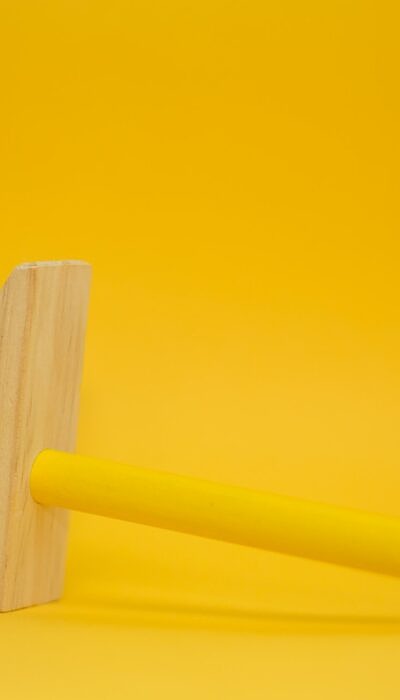Discover the Benefits of Wooden Toys for Child Development

The Role of Wooden Toys in Stimulating Child Development
Wooden toys have been a staple in children’s playrooms for generations, and for good reason. Not only are they aesthetically pleasing and durable, but they also play a crucial role in stimulating child development. These toys encourage imagination and creativity, as they can be used in a variety of ways and are not limited by the structure or rules of electronic toys.
Furthermore, wooden toys help improve a child’s fine motor skills and hand-eye coordination, as they often require more manual dexterity to play with compared to plastic toys. The tactile experience of touching and feeling the natural wood also provides sensory stimulation for young children.
In addition, wooden toys promote cognitive development by encouraging problem-solving skills and spatial awareness. Children have to use their imagination and critical thinking skills to figure out how to play with these toys, which can help improve their cognitive abilities in the long run.
Overall, the role of wooden toys in stimulating child development cannot be understated. Not only do they provide endless hours of entertainment, but they also help children learn and grow in a holistic way. So next time you’re shopping for a toy for your child, consider the benefits of choosing a classic wooden toy.
Why Wooden Toys are Superior for Cognitive and Motor Skill Development
Wooden toys have been a staple in children’s playrooms for generations, and for good reason. Not only are they durable and environmentally friendly, but they also have numerous benefits for cognitive and motor skill development. Unlike plastic toys, wooden toys encourage open-ended play, allowing children to use their imagination and creativity to come up with different ways to play with them.
Wooden toys also require more effort to manipulate due to their weight and texture, which helps improve children’s fine motor skills. For example, stacking blocks or manipulating puzzle pieces can help strengthen hand-eye coordination and dexterity. Additionally, wooden toys often come in simpler shapes and designs, which can help children develop spatial awareness and problem-solving skills.
Furthermore, wooden toys are often made from natural materials, which can have a calming and grounding effect on children during play. This can help reduce stress and anxiety, allowing children to focus better and engage in more meaningful play experiences. Overall, incorporating wooden toys into a child’s playtime can have a positive impact on their cognitive development and motor skills, making them a superior choice for early childhood learning.
The Environmental and Long-lasting Benefits of Choosing Wooden Toys for Your Child
When it comes to choosing toys for your child, opting for wooden toys can have a variety of benefits, not only for your child but also for the environment. Wooden toys are made from a renewable resource, making them a sustainable choice compared to plastic toys. Additionally, wooden toys are often more durable and long-lasting than their plastic counterparts, reducing the amount of waste that ends up in landfills.
In terms of your child’s development, wooden toys can also offer unique benefits. They often have a simpler design that encourages imaginative play and creativity, as they do not come with pre-set rules or limitations. Wooden toys can also help improve fine motor skills and hand-eye coordination as children manipulate and play with them.
Furthermore, wooden toys are safer for children as they do not contain harmful chemicals or toxins that are often found in plastic toys. This can give parents peace of mind knowing that their child is playing with a non-toxic and environmentally friendly toy.
Overall, choosing wooden toys for your child not only provides them with a high-quality and safe play experience but also contributes to a more sustainable and eco-friendly future.